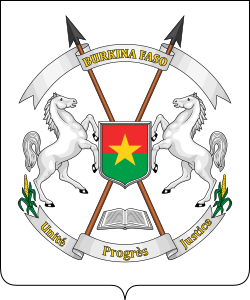 |
|---|
Territorial Assembly elections were held in French Upper Volta on 30 May 1948, with a second round on 20 June. [1] They were the first elections to the new Territorial Assembly, which had been created following the separation of Upper Volta from Ivory Coast the previous year. [2]